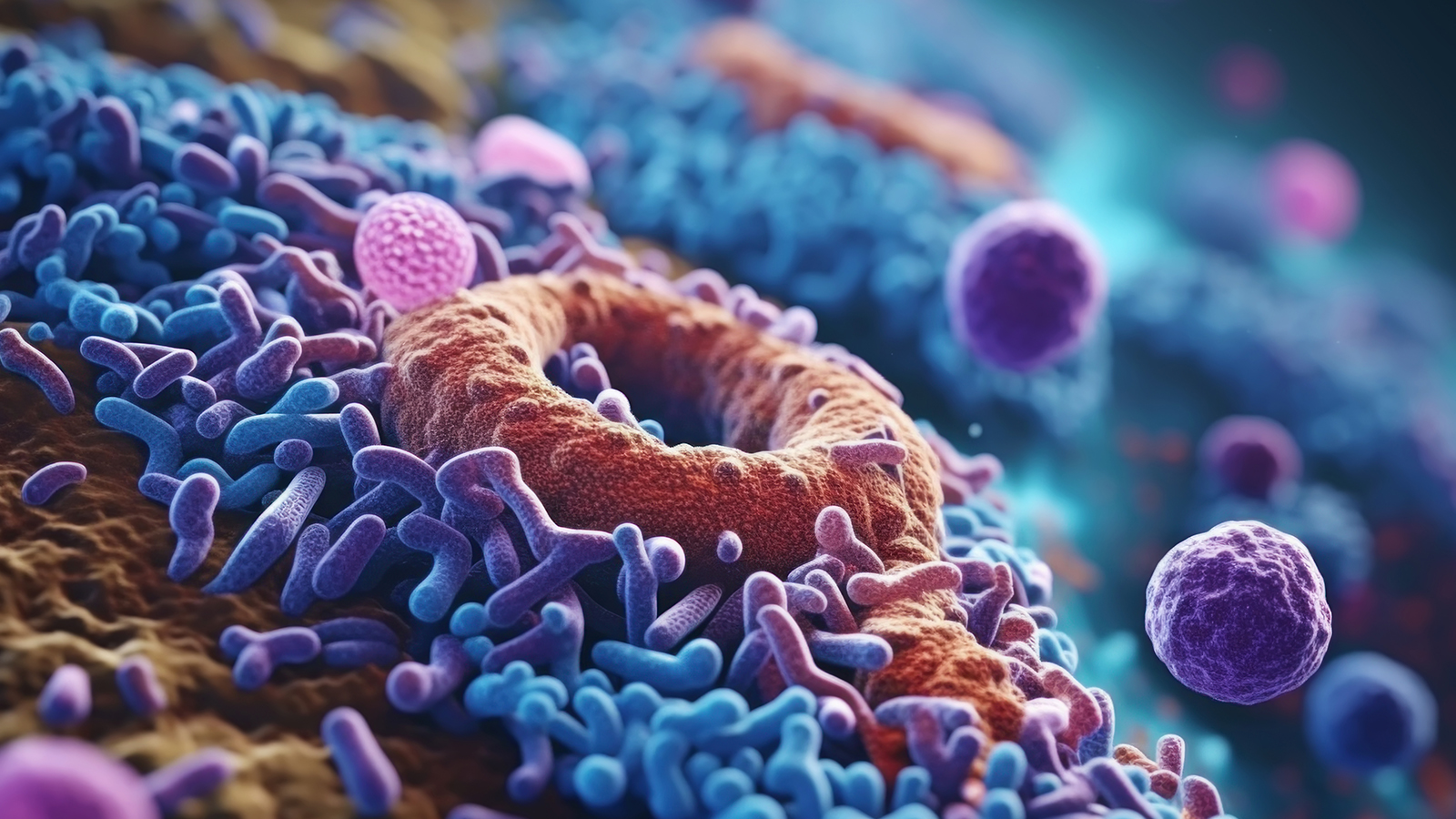
A recent paper from the lab explores how changes in the gut microbiome are linked to different types of inflammatory arthritis, aiming to identify specific bacteria and metabolic pathways that might contribute to these diseases.
Computers are needed to analyze the large amounts of data from the gut microbiome, as the researchers seek to identify patterns and connections between specific bacteria and different types of inflammatory arthritis, including using software to process and interpret the complex biological information.
The study found that certain types of bacteria in the gut are linked to different forms of inflammatory arthritis, suggesting that the gut microbiome plays a key role in these diseases. The researchers also identified specific metabolic pathways that might be involved, offering potential new targets for treatment.